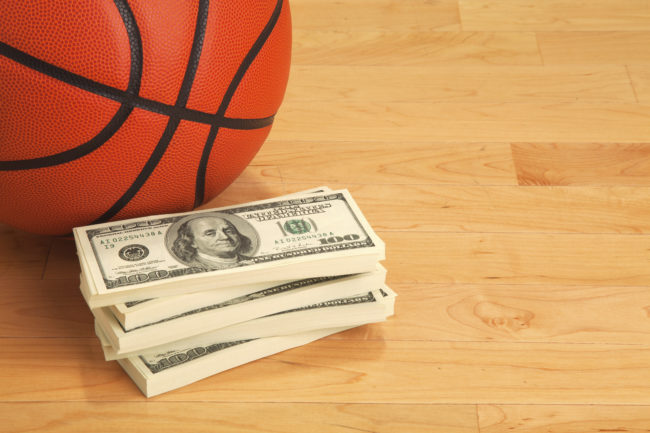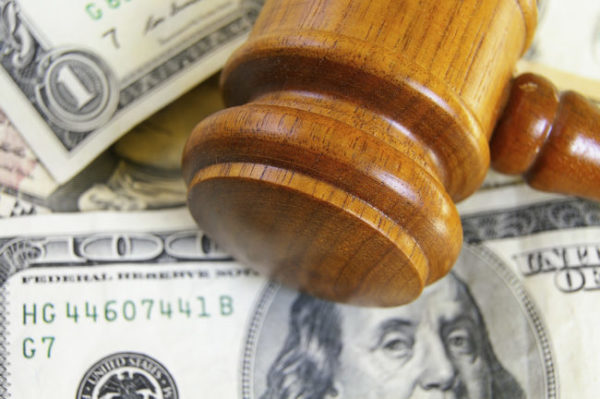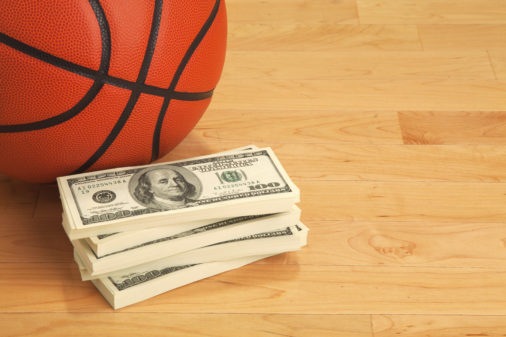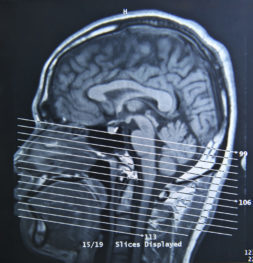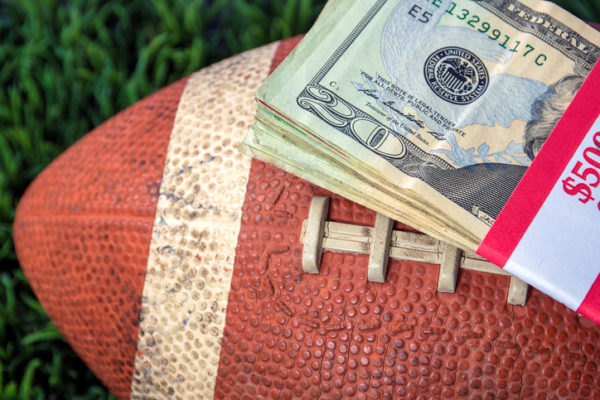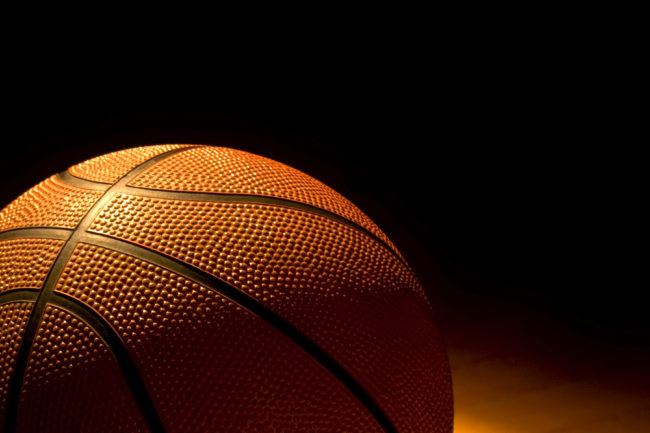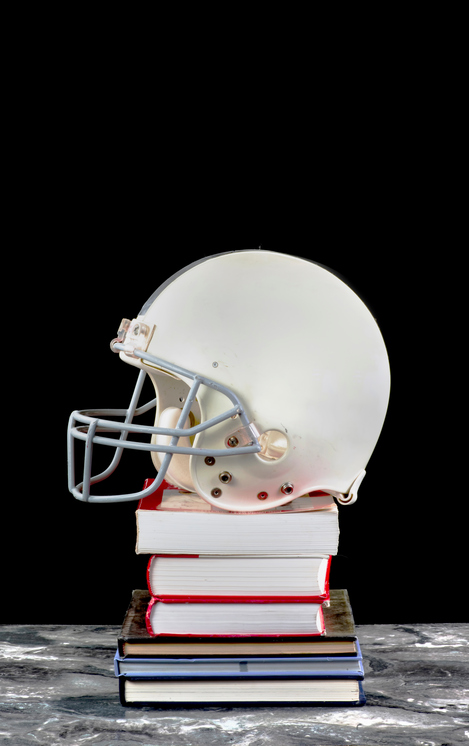Doug Brenner, former offensive lineman for the University of Oregon, has brought suit against the school, the NCAA, and two coaches for $11.5 million. Brenner contends that the “extreme” workouts players were forced to endure resulted in such “serious, lifelong injuries,” and that his body is “ruined.”
Coach Willie Taggart and strength and conditioning Coach Irele Oderinde were recently added to the complaint, and Brenner alleges that the coaches implemented “physically impossible and unreasonably repetitious” routines for Brenner and the other football players. Brenner …
Continue Reading

